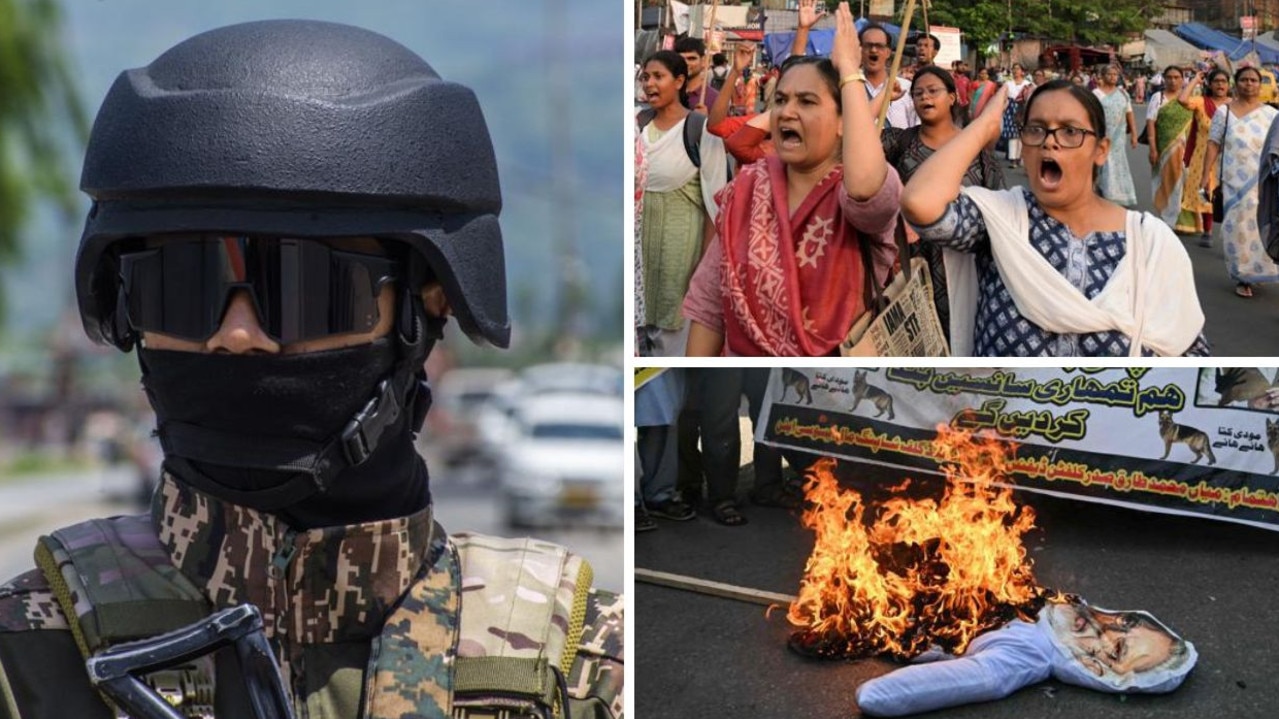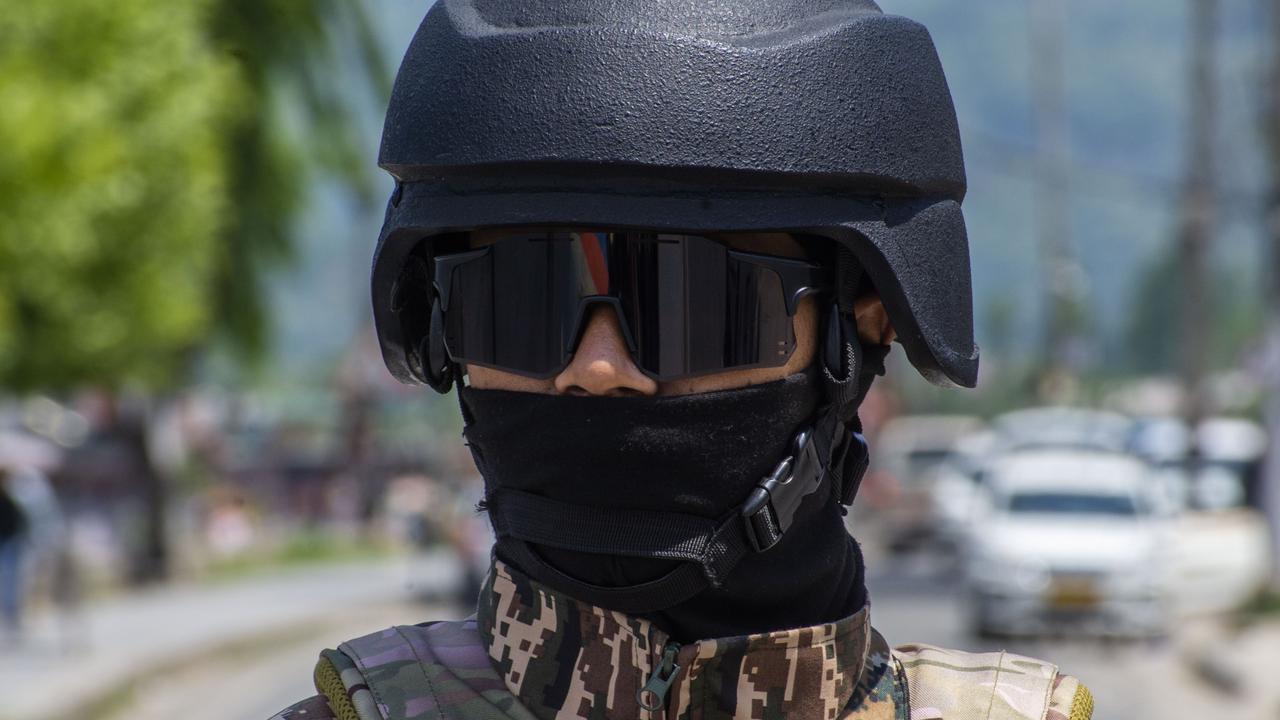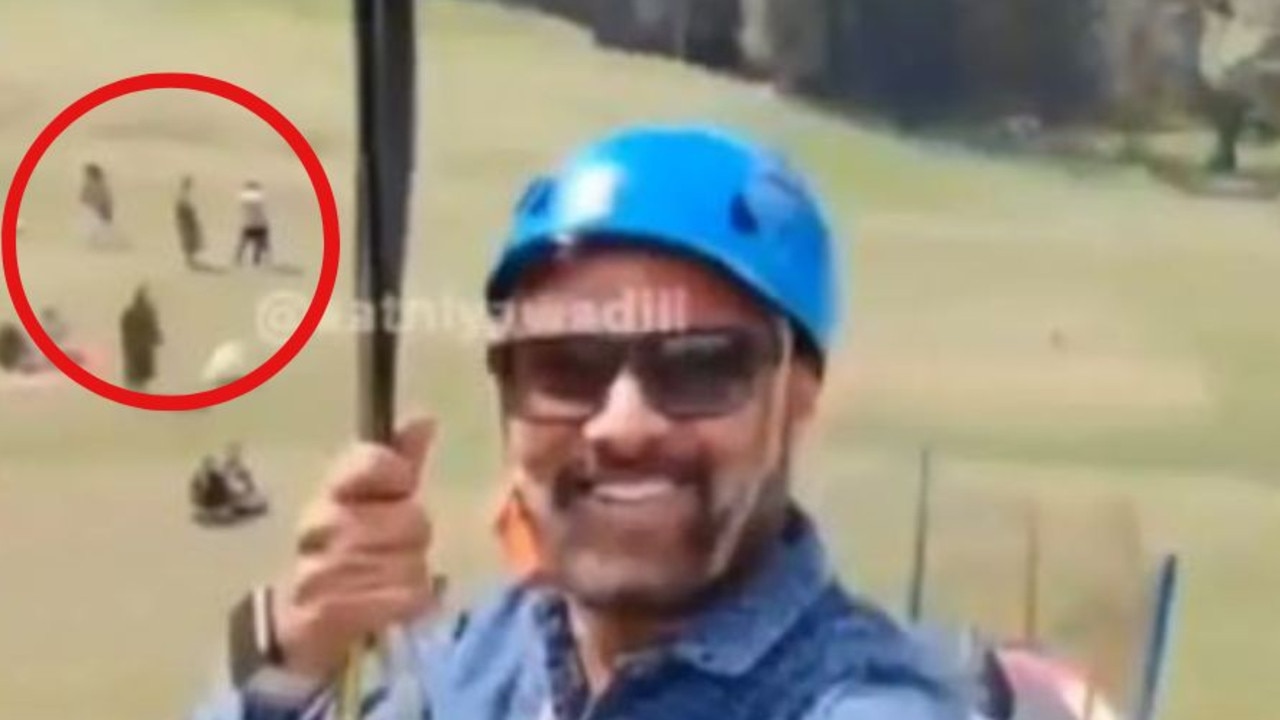Barbaric torture, brainwashing and forced organ removals: Inside China’s brutal death camps
Some 1.5 million people are kept in a huge network of prisons across China. Thousands also enter “re-education schools” never to be seen again.
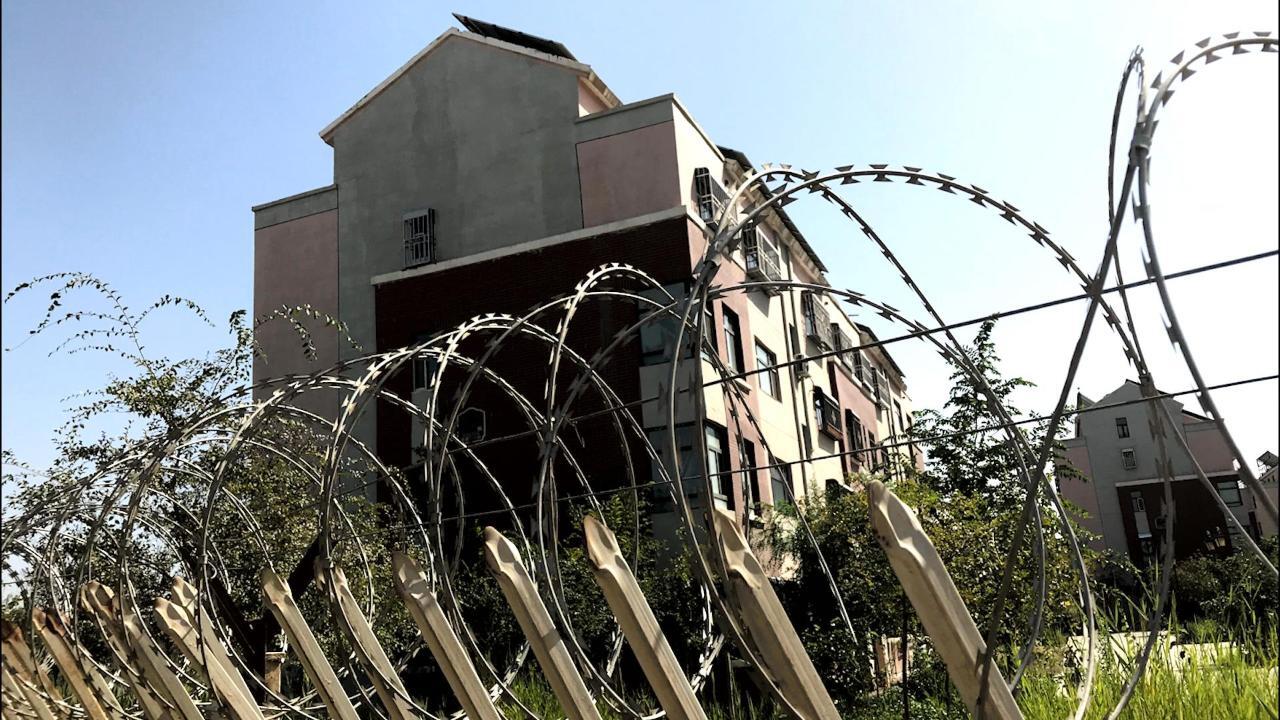
They are described as schools where people suspected of being extremists are taught Chinese culture and values in a bid to re-educate them and keep society safe.
But survivors of the country’s vast network of prison camps reveal classes, which run from dawn until midnight, are mandatory and a failure to complete them satisfactorily leads to horrific torture.
Detention in re-education camps occurs after long stints in prison, with forced labour and repeated medical tests that human rights advocates say is part of China’s forced organ trade.
Last month, the independent and international China Tribunal, chaired in London by the esteemed Sir Geoffrey Nice, concluded a state-sponsored human farming operation was taking place across the country.
The practice, which China continues to deny, constituted genocide and industrial-scale murder and torture, Sir Geoffrey said.
“Forced organ harvesting is of unmatched wickedness, on a death-for-death basis, with the killings (from) mass crimes committed in the last century,” he said.
The tribunal heard testimony from more than 50 people — many of them former inmates at camps, which hold an estimated 1.5 million people.
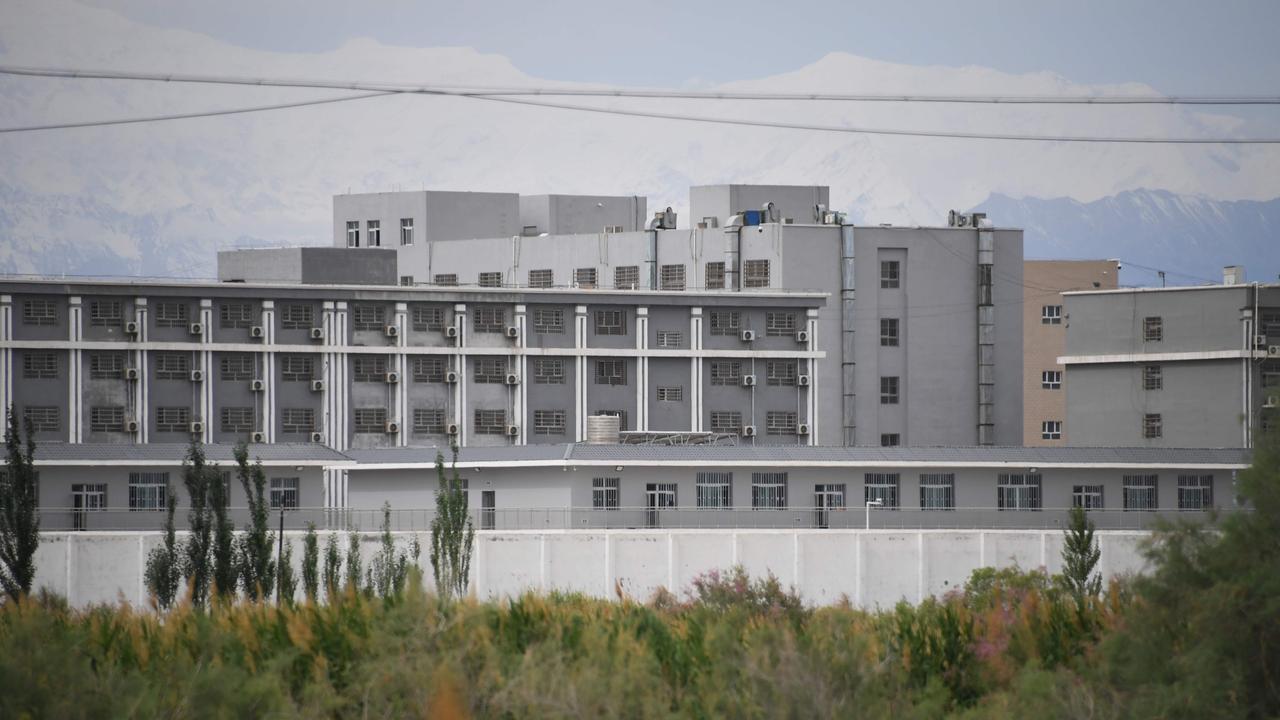
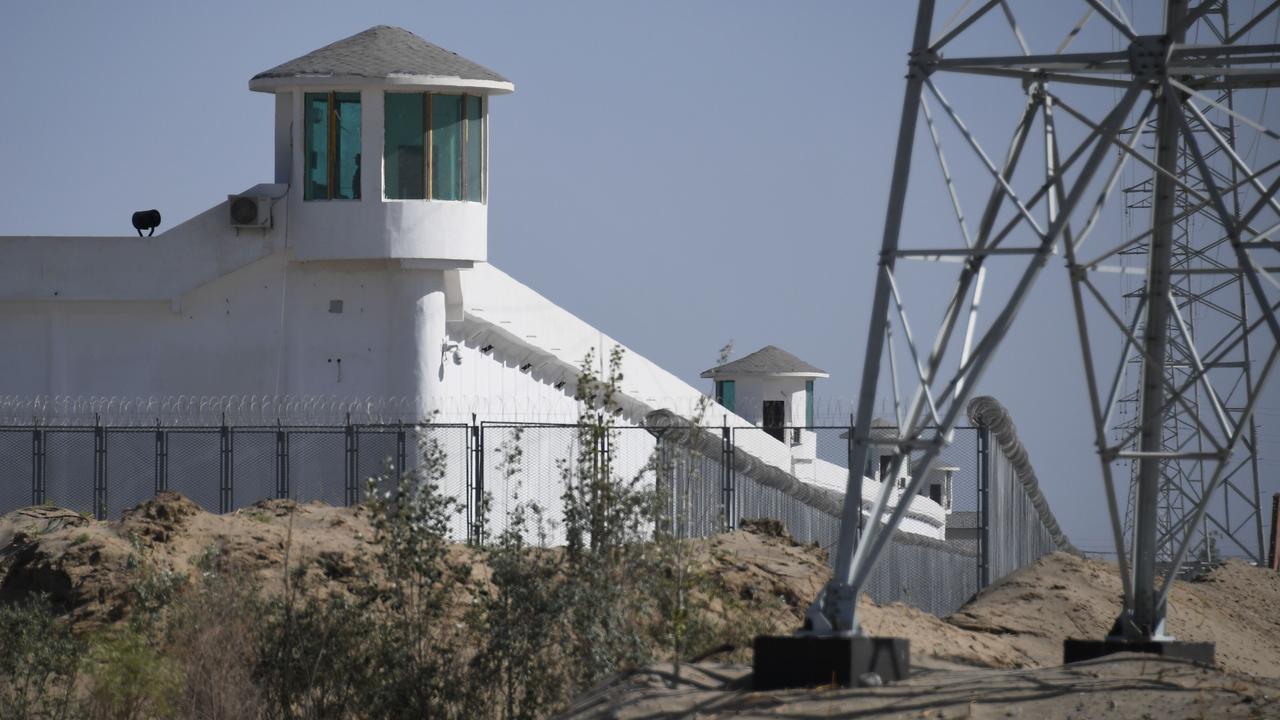
Copies of statements, viewed by news.com.au, describe barbaric physical and mental torture at the hands of both guards and willing inmates in a bid to force confessions and break people’s spirit before re-education training.
The majority of those held have not been convicted of a crime. Their misdeeds include belonging to the Muslim ethnic group Uyghur or practising the outlawed religion Falun Gong.
ORGAN HEALTH CHECKS
One man held in a sprawling prison camp, a citizen of Kazakhstan, was arrested in March 2017 and held until November, with police claiming he was involved in spreading Uyghur extremism and supporting terrorism.
During his time in detention, the man said he was subjected to brutal beatings, medical tests and forced indoctrination. He was only released after political pressure from the Kazakh government.
The man’s elderly parents live in the Pichan region in China, and he was arrested by several secret police officers while visiting them. It was a trip he had made several times before without incident, he said.
RELATED: United Nations fears more than one million could be detained in China in ‘secret internment camps’
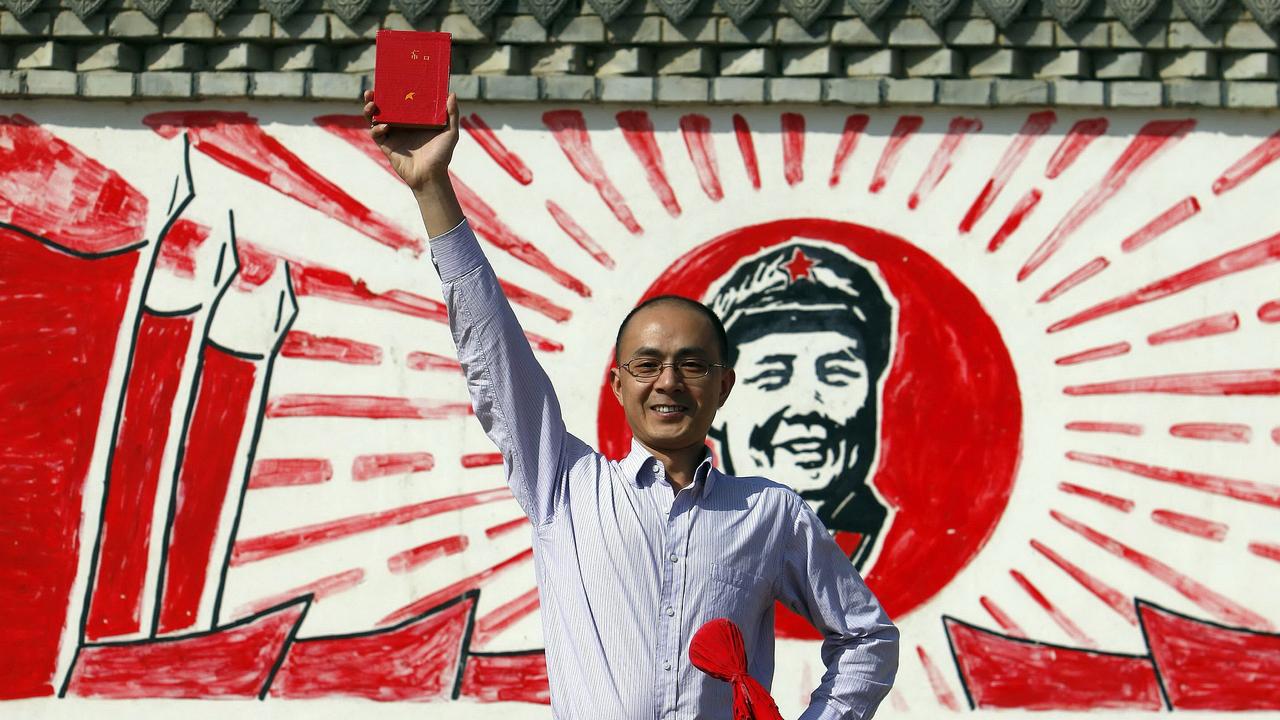
On his first day in detention, he was forced to give urine and blood samples before being subjected to ultrasounds of his kidneys, heart and lungs. Later, he underwent an eye test.
These tests were repeated later during his captivity.
The China Tribunal heard most inmates were tested to check the viability of their organs, which are involuntarily harvested to satisfy the huge demand of the transplant trade.
China says some 60,000 organ transplants take place annually, and donations are from a voluntary system, but the tribunal heard it’s impossible that such a system could meet that quota.
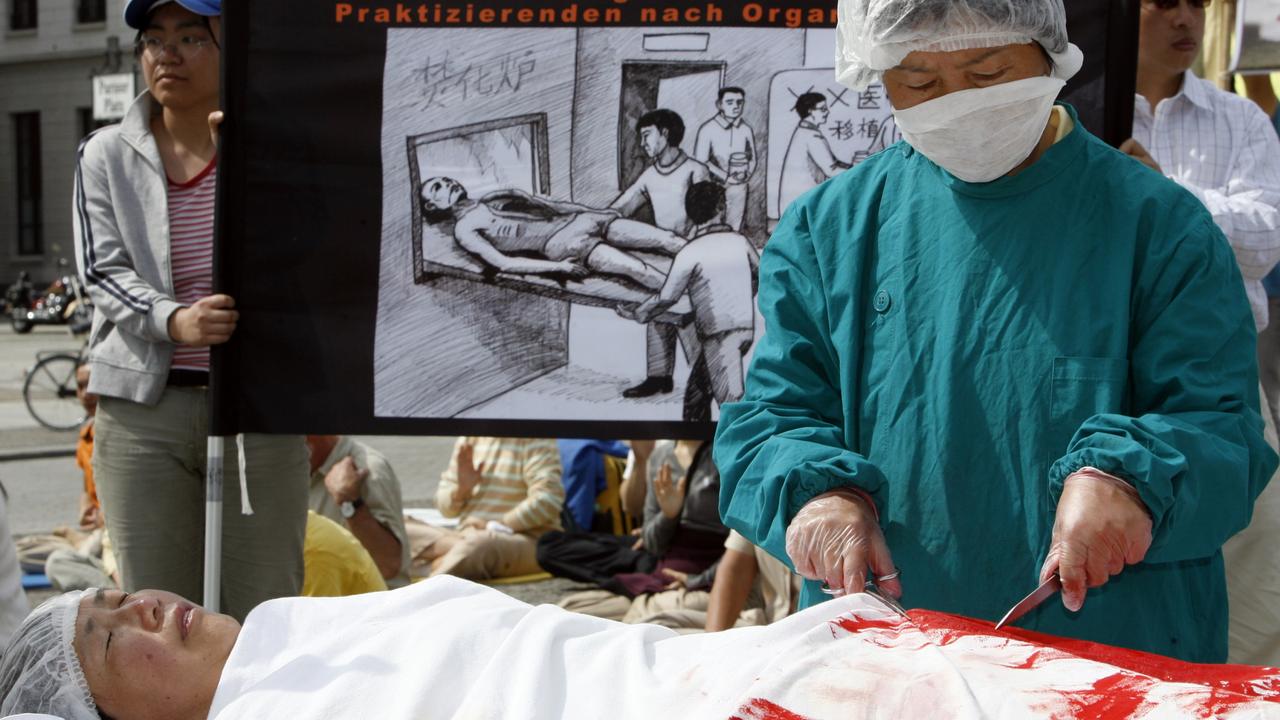
Waiting lists for organs are virtually non-existent, with the privileged, powerful and wealthy whisked in and out. There have also been suggestions China is selling excess organs on the black market.
In all, Sir Geoffrey concluded China’s transplant trade was worth $1 billion to its national economy.
BRUTAL ACTS OF TORTURE
The tribunal heard from another man who was arrested at university after police found Falun Gong material on his computer.
The religion, a kind of Buddhism that focuses on health and wellbeing via meditation and prayer, has been illegal in China since an anti-religion crackdown began in 1999.
“Every year during my detention, the authorities would force us to have blood taken and X-rays but never notified me of any result,” the man told the tribunal.
Rumours of forced organ removal were rife in the prison, and he feared he would be killed for his.
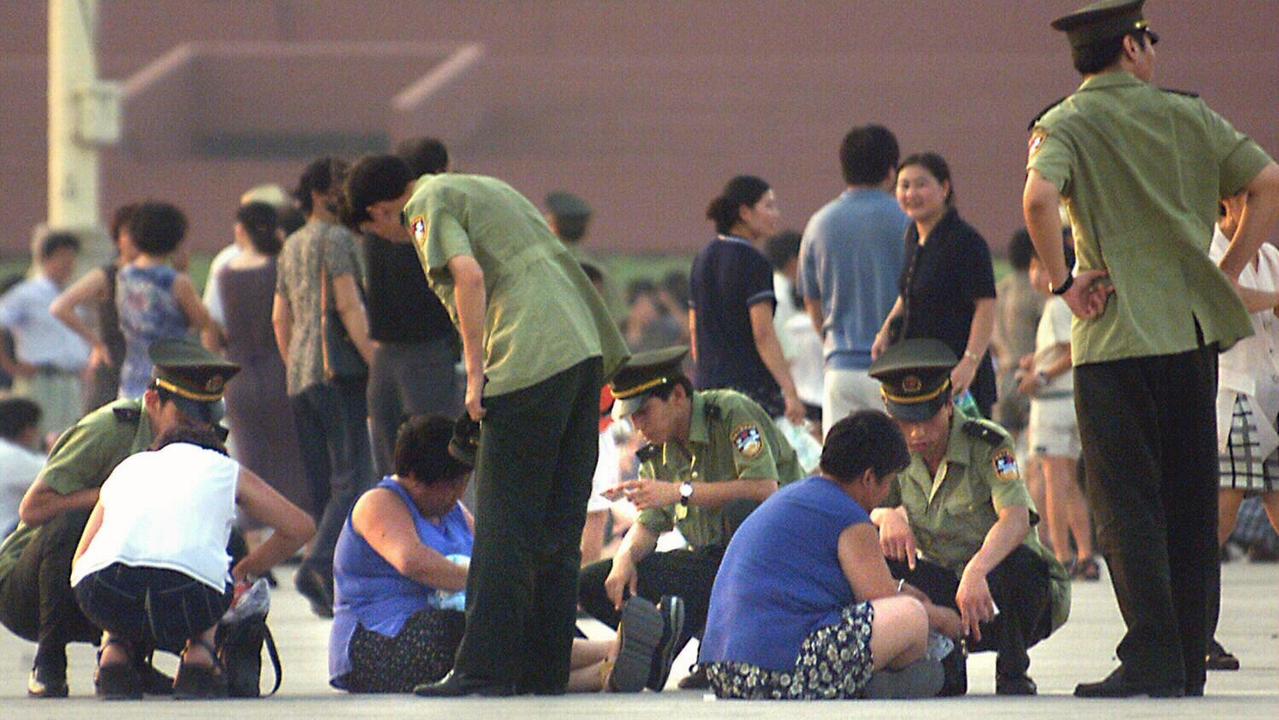
The man was held from late 2006 until early 2009, during which time he was shuffled from a prison to a labour camp and then finally to a re-education school.
Other prisoners were bribed by guards to torture him with beatings and humiliation, including forcing the man to eat his own faeces.
“The guards let prisoners torture me a lot of times,” he said.
“One day an inmate was beating my back and another inmate came in from outside and yelled at him: ‘Don’t injure his organs’.”
The man was routinely deprived of food for long periods before being force-fed by tubes, which were pulled out and reinserted several times.
As punishment for perceived disobedience, the man was forced to crouch on a small stool for hours or perch motionless for long periods until he could no longer stand.
“There were times that they denied me rest-room use, forcing me to urinate and defecate in my pants,” he said. “I was forced to wear those pants, even during meals.”
RELATED: China’s religious detention camps revealed

On one occasion, he was subjected to a sleep deprivation regimen. It began with being allowed just two to three hours of sleep each day, which he said was then reduced to one hour and then to no sleep
Authorities wanted the man to sign three statements — types of pledges to denounce his Falun Gong faith, to plead guilty to crimes and to state he had not been coerced.
The man said he refused, leading to his eyebrows, eyelashes and facial hair being plucked out. Once he was stripped and a guard ordered other inmates to “force a toilet brush handle into my anus”.
RELATED: Extreme torture — inside China’s correctional facilities
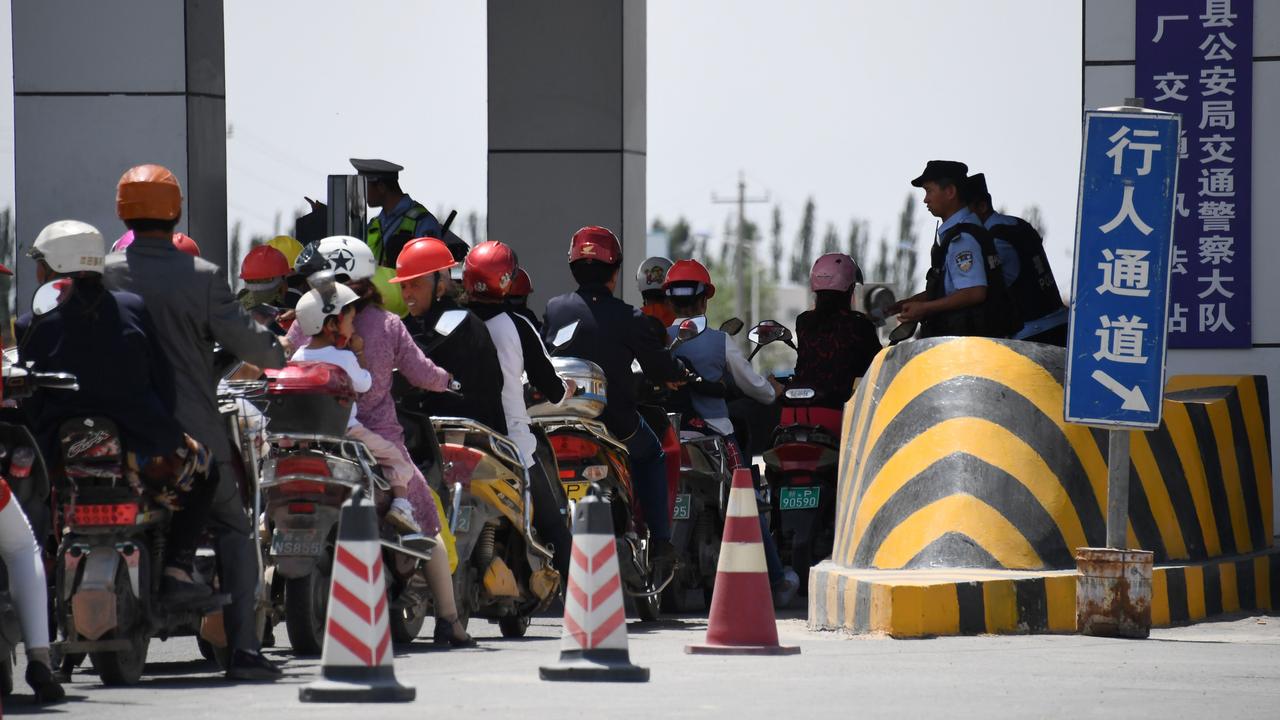
In late 2007, the man said he broke and agreed to sign the three statements despite it being “in violation of my heart”.
“I feel that I have betrayed my belief, sold my soul and conscience in order not to be persecuted and live like a walking dead,” he said. “I feel dead is better, but our (Falun Gong) master taught us that we can’t kill others or commit suicide.”
The man was sent to a re-education camp where long days were filled with songs, Communist history classes and “brainwashing videos”.
ALLEGIANCE TO THE STATE
The Kazakh man told the tribunal re-education camp inmates were woken at 6am. They make their beds to military precision or face punishment.
There is a flag-raising ceremony followed by a meagre breakfast and songs of praise, which include lyrics like “Where there is no Communist Party, there is no new China” and “Socialism is good”.
“Everyone must sing one of these red songs,” the man said. “Also, before starting to eat, we must say: ‘Thanks to the party, thanks to the country, thanks to President Xi, I wish him good health, I wish President Xi live long and stay young’.”
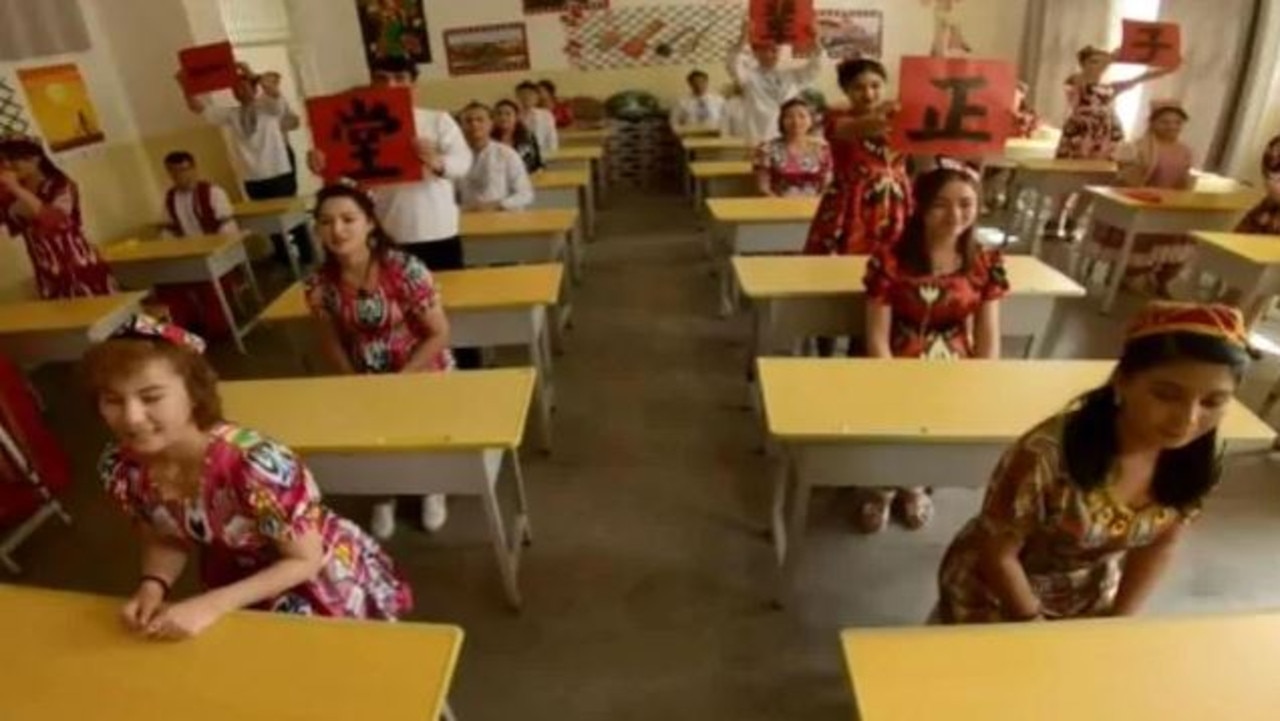
Inmates who don’t speak Chinese are taught Mandarin. Other classes include Communist Party laws and regulations, songs and dances and anti-Falun Gong and anti-Uyghur instruction.
“Also during lessons, they inform you of cases that have taken place … and sentences that have been given and what for,” he said. “This is to create fear, in a way they use these examples to tell people what a heavy price they will pay.”
Between day and evening classes is two hours of military training, including marching and standing to attention.
“They claim through re-education they can liberate people’s minds to embrace the Party and love the country, to obey all the Party rules and regulations,” the man said.
The day did not end until midnight, he said.
“No one has the right to reject any orders,” he said. “There are armed police, some of which carry wooden batons … if you show any signs of disobedience, they will come immediately and give you a severe beating.”
RELATED: Chinese official’s bizarre interview about ‘brainwashing’ camps in Xinjiang province
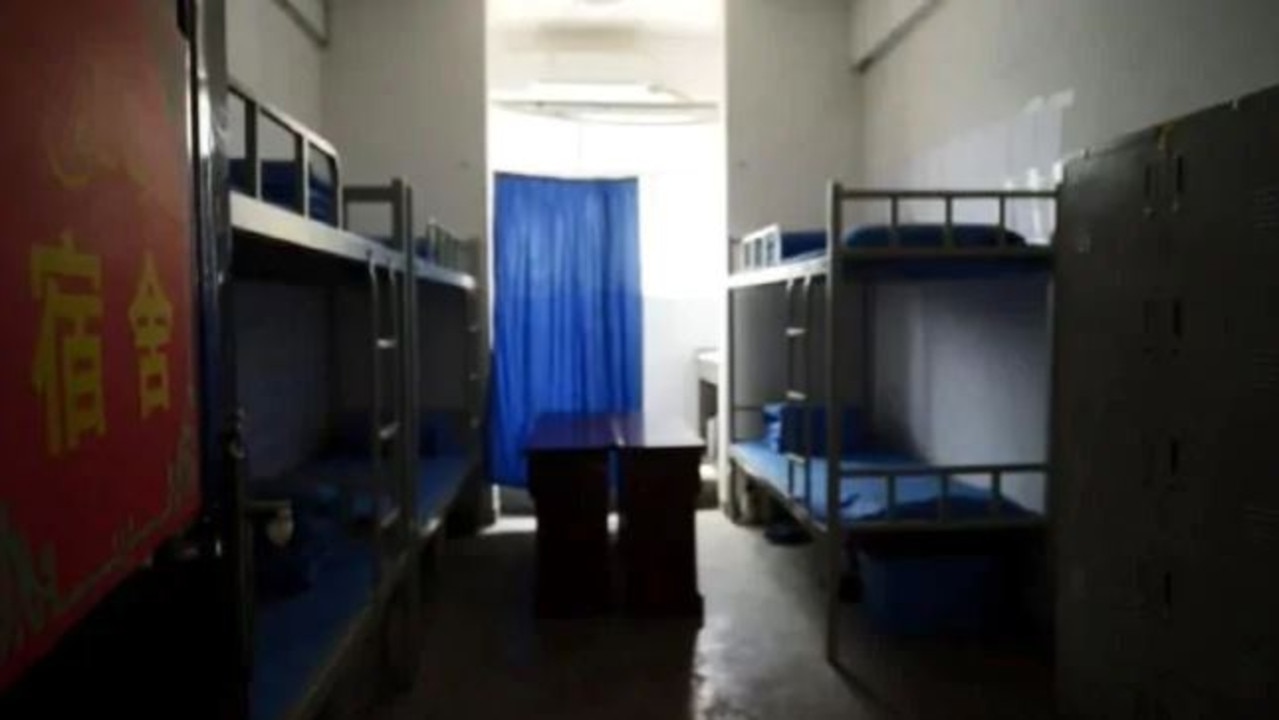
These witness statements echo dozens of others received by the tribunal telling of brutal prison conditions and hard labour, followed by long periods of re-education.
The latter is for those whose fate does not include supposedly natural deaths and then organ removal, the tribunal heard.
LIVE ORGAN REMOVAL ‘COMMON’
Such is the insatiable demand for organs, some removals occur while prisoners are still alive, the tribunal heard.
A woman whose father died in a prison camp said she was notified on January 28, 2009 that he had died of natural causes.
After 10 hours of demanding to see his body, she was taken to a morgue. There, a gurney was slid from a freezer to show her father’s heavily bruised body.
When she reached out to touch him, “his body … was still warm on his (lips) and chest”, she said.
“We asked for emergency rescue and were declined brutally … (we) shouted for help and called 110 (emergency services) but were dragged away from the spot by the man law-enforcement officers.”
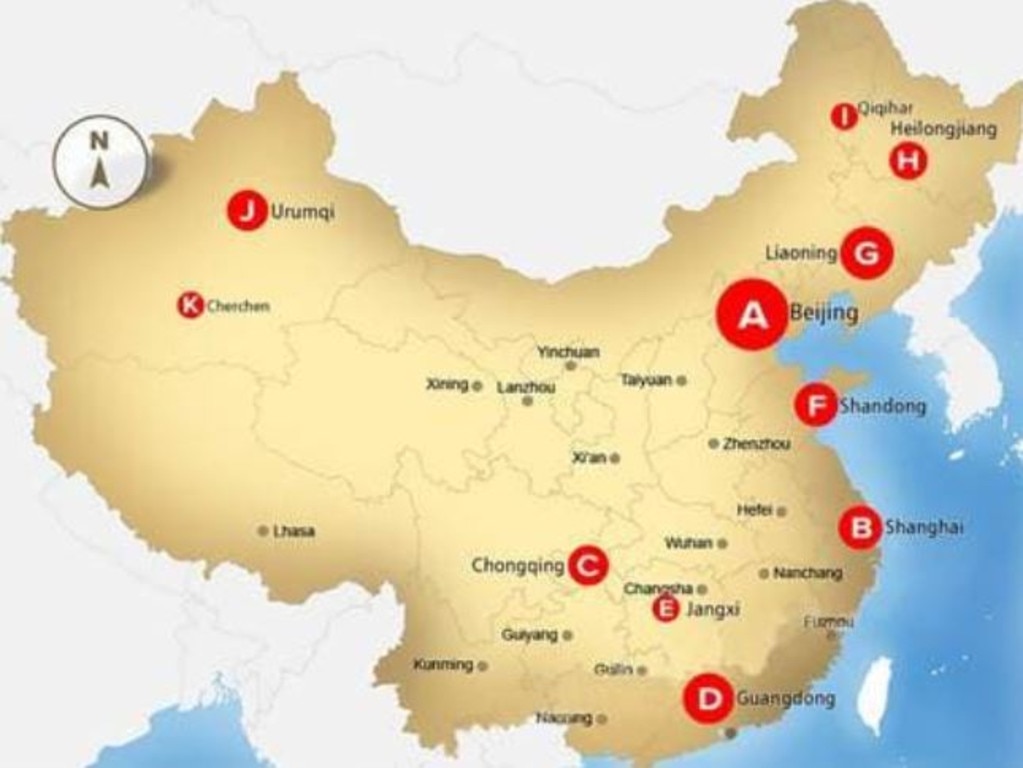
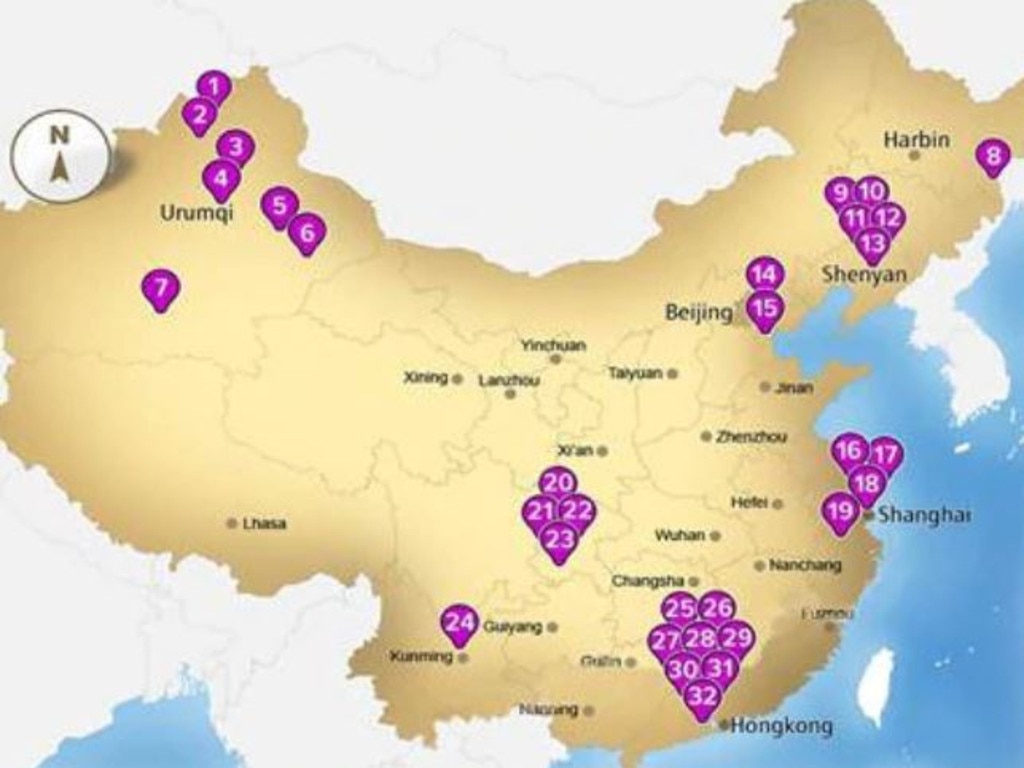
She told the tribunal her father, “still with obvious signs of life at the time, was pushed back into the freezer”.
The tribunal heard from a former doctor who was ordered to work in a transplant hospital, where donors were almost exclusively deceased prison inmates.
But on one occasion, he said a man bled profusely when he cut into the skin, indicating he was still alive but sedated.
DENIALS AND CONTRADICTIONS
China has consistently denied accusations of human rights abuses in its prison camps, which it describes as “voluntary” re-education schools.
While people are not allowed to leave and classes are mandatory, it insists attendees want to be there to become better Chinese citizens.
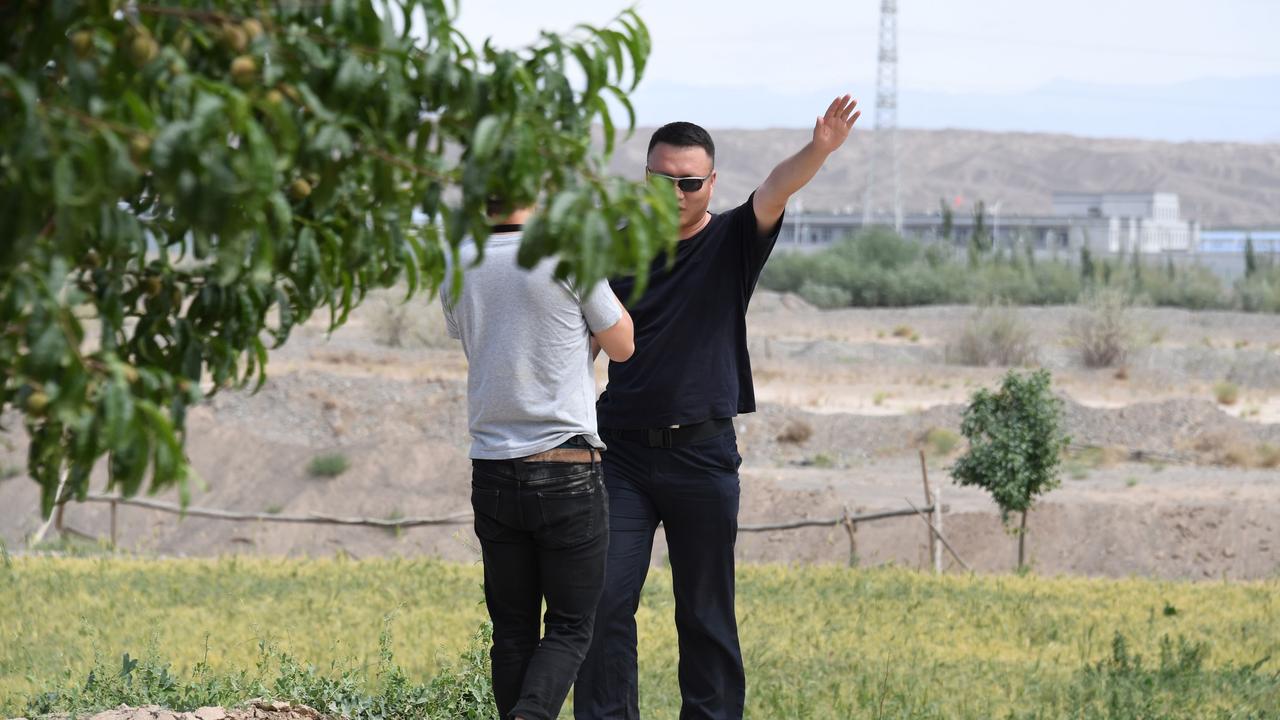
It has also denied forcible organ harvesting, although the China Tribunal pointed out its story has changed repeatedly over the past several years.
It first denied using deceased prisoners for organ “donations”, then said it only used death-row inmates who had died. It then said organs were obtained from a voluntary public donation system.
However, a map released by the tribunal shows hospitals in China that carry out organ transplants, which are in proximity to known detention centres.


